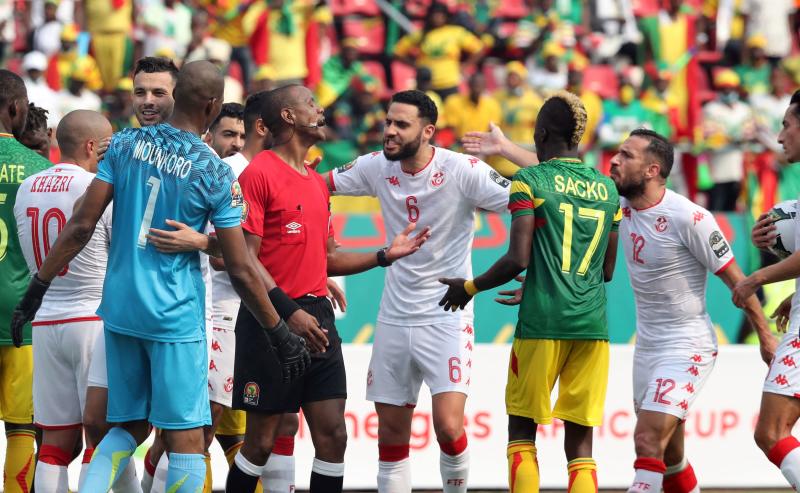×
The Standard e-Paper
Join Thousands Daily

Africa Cup of Nations - Group F - Tunisia v Mali - Limbe Omnisport Stadium, Limbe, Cameroon - January 12, 2022 Tunisia players appeal to referee Janny Sikazwe for a penalty as they wait for a review from VAR [Reuters, Mohamed Abd El Ghany]
The African Cup of Nations (AFCON) is never short of controversy.